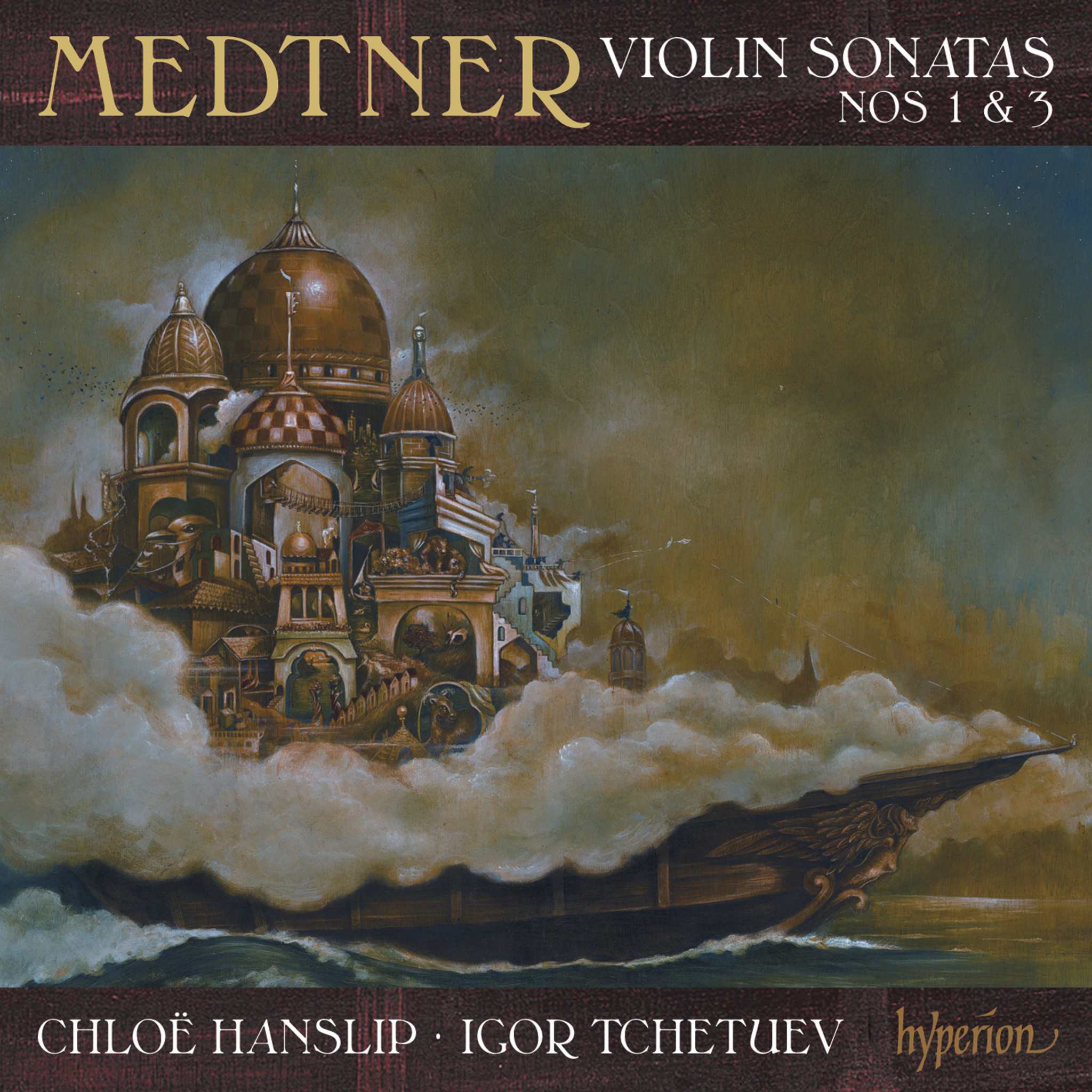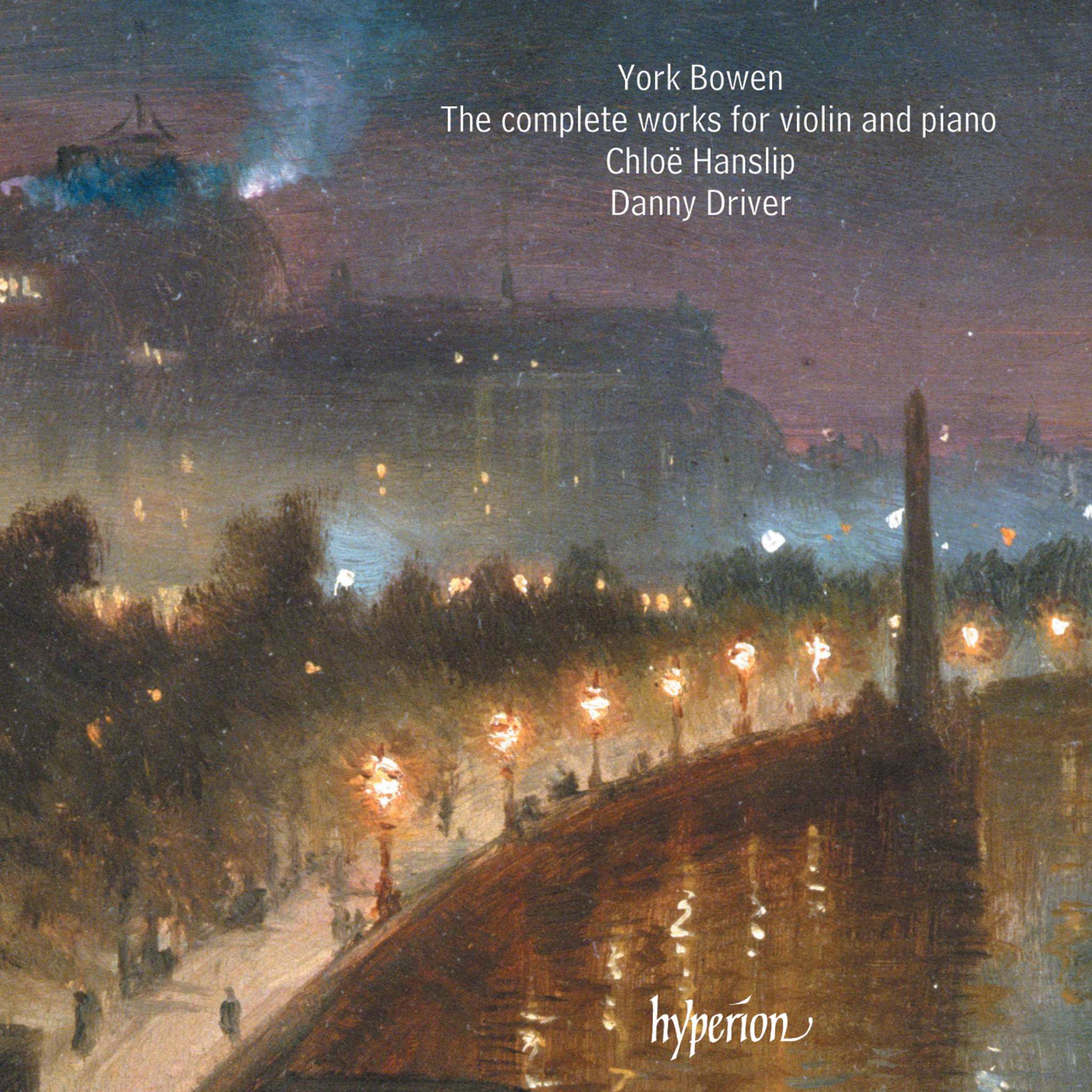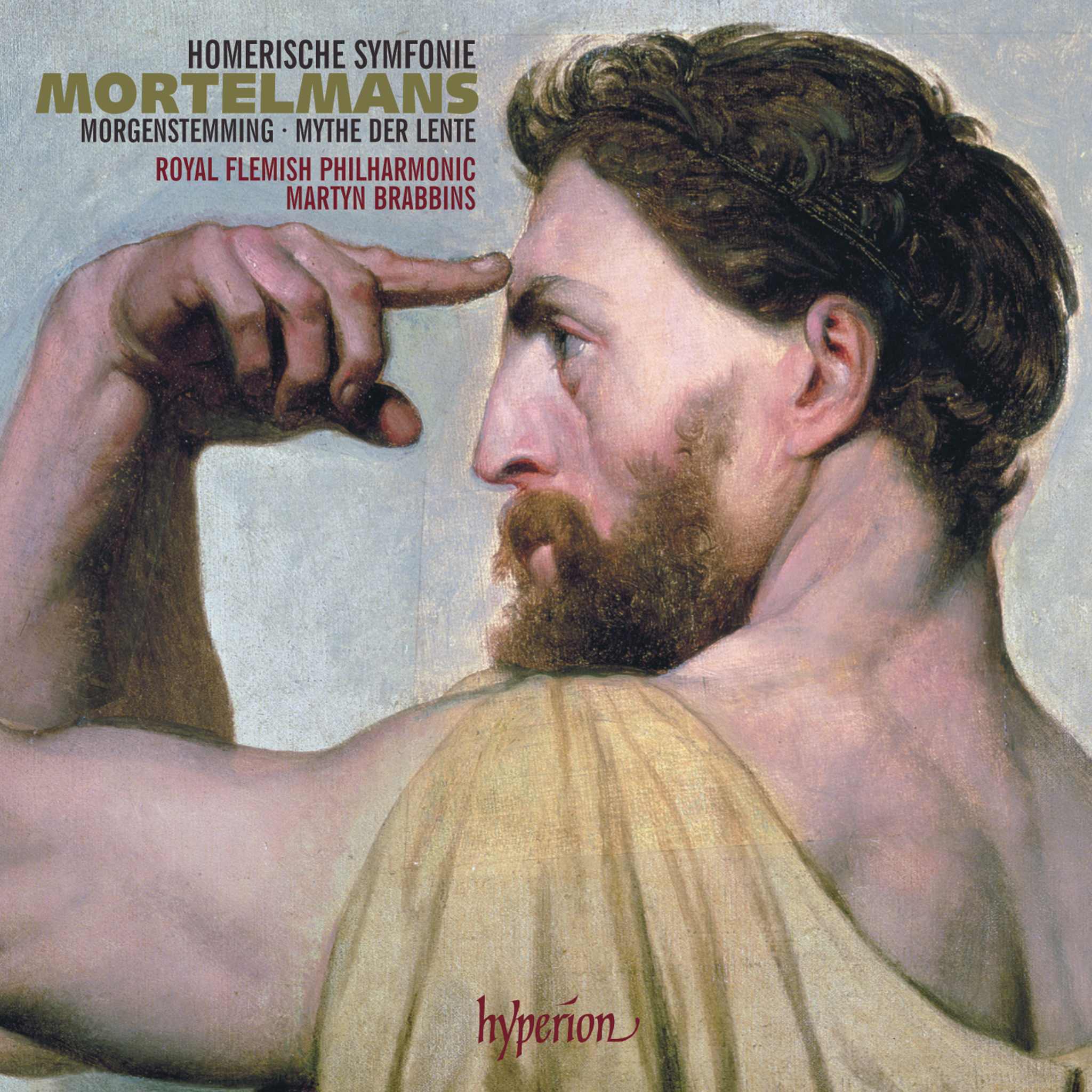Album insights
When Hyperion launched its Romantic Piano Concerto series in 1991, the first recording featured the piano concertos by Moszkowski and Paderewski. However, it is now known that Moszkowski had another earlier piano concerto discovered in 2008. Bojan Assenov, a pianist and composer from Berlin, unearthed this lost concerto along with other unpublished works of Moszkowski during his research at the French National Library.
Assenov's doctoral dissertation on Moszkowski revealed hidden treasures, including a piano quintet, an overture, and a symphony in D minor. The discovery prompted a friend of pianist Ludmil Angelov to document the full manuscript of the H minor concerto and eventually led to its publication by the French publisher Symétrie in 2013. Moszkowski, known for his humorous nature, had once jokingly described his piano concerto as "worthless," emphasizing his unique approach to music.
The h-Moll-Konzert, composed during Moszkowski's student days, showcases his exceptional talent and musical depth, setting it apart from mere student works. This extensive concerto, featuring intricate orchestration and captivating melodies, even surpasses the length of Brahms's Second Piano Concerto. The piece, set for a rich ensemble of instruments, blends elements of Schumann, Chopin, and Liszt, displaying Moszkowski's innovative style and technical prowess.
Apart from the remarkable concerto, the music of Adolf Schultz-Evler is often overshadowed by his well-known transcription of "An der schönen blauen Donau." A virtuoso pianist and composer, Schultz-Evler's Russian Rhapsody op.14 stands as a testament to his technical brilliance and musical versatility. This rhapsody, with its evocative melodies and dynamic shifts in tonality, adds an intriguing chapter to the legacy of piano compositions, hinting at the diverse range of musical treasures waiting to be discovered.










